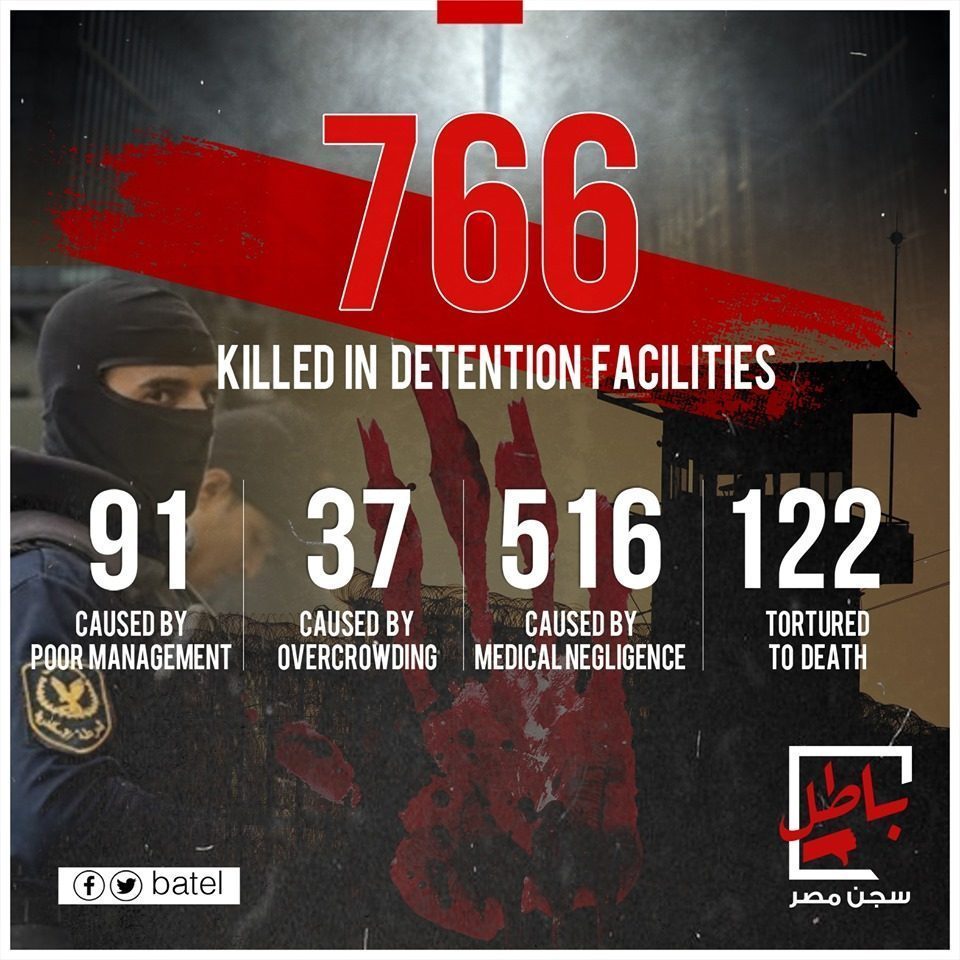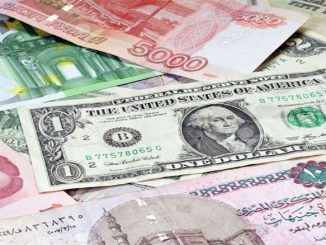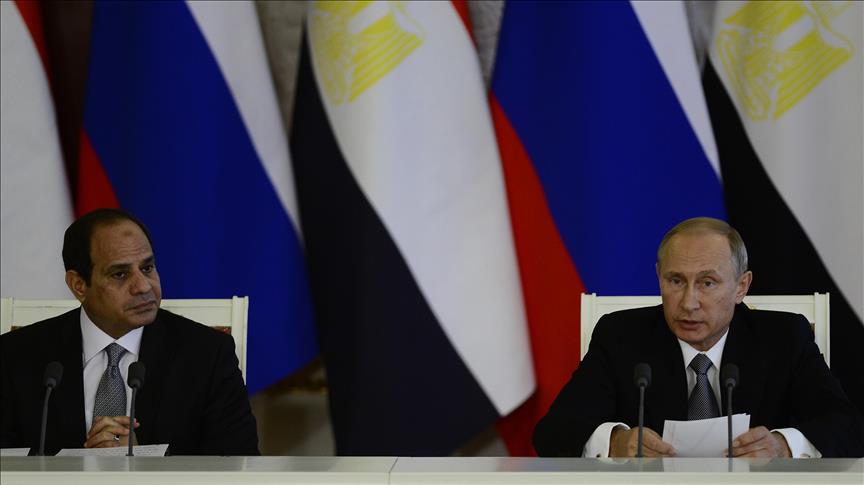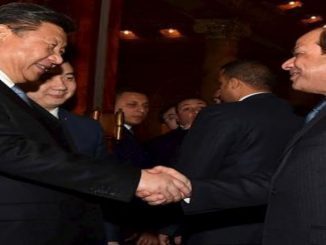
The “Void Egypt Prisons” campaign has attracted more than 65,000 votes online in solidarity with political prisoners, demanding their release, three days after its launch.
The number of signatories, on Wednesday, approached 70 thousand. The campaign expressed condolences to the families of the victims of the bombing of the “Institute of Oncology”, blaming the Egyptian regime for the incident.
On its Facebook page, the campaign called for broad solidarity with detainees, regardless of their political affiliation.

Over the past two days, the campaign has highlighted the cases of detained journalist Ayah Alaa and Egyptian activist Mohamed Adel, one of the founders of the April 6 Movement, which embodies the human suffering regardless of the affiliation of political prisoners or their gender.
In what appeared to be a success for the campaign’s discourse, politicians from different currents expressed solidarity with the campaign’s objectives, saying that “the issue of detainees has a human dimension beyond any other considerations.”
The campaign received support from a variety of symbols, most notably Egyptian actor Khaled Abul-Naga, former presidential candidate Ayman Nour, former Minister of International Cooperation Amr Darrag, former Minister of Legal Affairs Mohamed Mahsoub, former parliamentarian Hatem Azzam, poet Abdel Rahman Youssef, and activist Ahmed Al-Baqri.
The “Void Egypt Prisons” says it seeks to provide various means for signing on the petition, as well as securing its platforms with professional means against hacking.
“The aim of the campaign is to demonstrate broad solidarity with the detainees, and to demonstrate a national consensus to the humanitarian and moral dimension of their cause, regardless of the detainees’ background and political affiliation,” said a close associate of the campaign preparation team.
The campaign also considered that signing the petition “Void Egypt Prisons” sends a message to the detainees that their case is not forgotten, and that their continued detention is rejected by all Egyptians.
The campaign outlined its demands that it addressed to to all those it described as free people in Egypt and around the world for “releasing 100 million Egyptians imprisoned by the tyrannical regime in Egypt, releasing all political detainees and forcibly disappeared, victims of notorious emergency law and protest law, and abolishing all precautionary measures including surveillance or others:
“The 100 million Egyptians have become prisoners in their country because of poverty, unemployment and fear. Student and labor activities are also “imprisoned” and restricted. Even the private sector’s economic activities have been constrained by competition of the army’s economic activities…Thus, all Egyptians, males and females, have become “prisoners” in their own homeland. Millions of Egyptians have already become “imprisoned” within the walls of poverty and ignorance that have been pre-meditated by Sisi and his regime.”
Not only those behind bars that are prisoners.
Every Egyptian humiliated at homeland is a prisoner.
Every young man who can’t form a family is a prisoner.
Every woman who can’t afford household expenses is a prisoner.
Every father who can’t afford his kids’ education or treatment is a prisoner.
Every Egyptian that can’t foresee a bright future for his country is a prisoner.
Void – 60,000 Egyptian detainees
Void – 100 million open-air prisoners in Egypt
Void – Egyptian prisons



